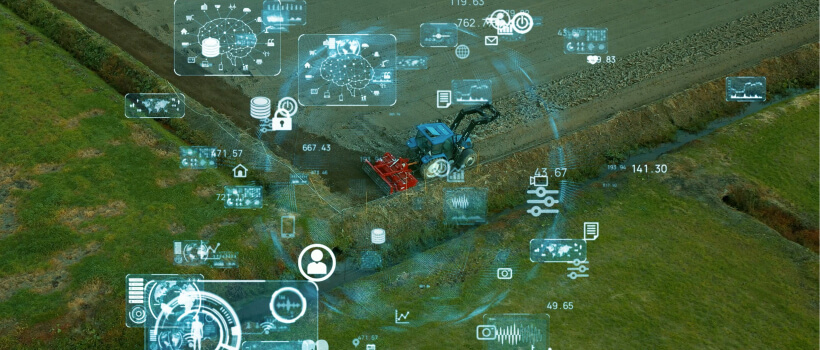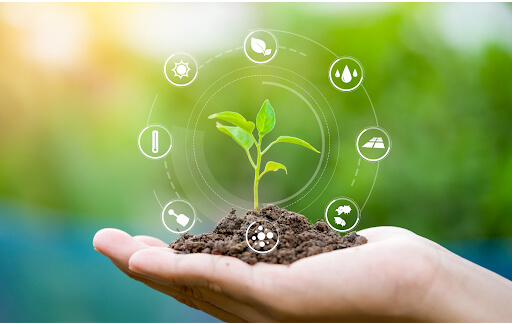 1-800-805-5783
1-800-805-5783 
The world of farming is advancing rapidly with the help of technology, introducing concepts like precision farming and precision agriculture. But what exactly are they, and how do they revolutionize the way we grow our food?
Precision agriculture, often interchangeably used with precision farming, is an innovative approach that uses technology and data to optimize crop yields and enhance efficiency. Precision farming emphasizes the use of information technology and wide-ranging sensor technologies, including GPS, to manage variability in fields for crops and livestock.
Precision farming offers a solution for maximizing agricultural productivity while minimizing environmental harm. Through precision agriculture, farmers can use the right quantity of water, fertilizers, and pesticides at the right time and the right place. This approach results in not only cost-saving but also environment-friendly practices.
The cornerstone of precision farming lies in the application of technologies. Technologies like Global Positioning System (GPS), Geographic Information Systems (GIS), remote sensing, and on-ground sensors are instrumental in precision agriculture. These technologies help collect and process data on crop conditions, soil properties, weather patterns, and pest incidence.
For example, GPS-equipped machinery can deliver precise amounts of seeds, fertilizers, and pesticides to exact locations, reducing waste and enhancing crop yields. Similarly, drones equipped with multi-spectral imaging sensors can monitor plant health, detect pest and disease outbreaks, and optimize irrigation schedules.
The integration of these technologies in precision farming is a game-changer for the agriculture industry. It allows farmers to make informed decisions and manage their farms more efficiently.

Precision agriculture holds immense benefits for farmers, the environment, and consumers. With precision farming, farmers can:
The future of precision agriculture looks promising. With advances in technology like artificial intelligence, machine learning, and big data analytics, precision farming is set to redefine the future of farming.
Precision agriculture is more than just a trend; it’s an answer to the pressing problems of food security, environmental sustainability, and farm profitability. As technology continues to evolve, so will the possibilities for precision farming, offering a bright future for the agriculture industry.
For farmers looking to optimize their yield and reduce their environmental footprint, precision farming provides a compelling solution. The future of farming is here, and it is precise, efficient, and sustainable.
In conclusion, precision farming and precision agriculture are transforming the agro-industry. They are offering farmers an effective way to increase productivity, reduce costs, and enhance sustainability, making them indispensable tools for modern agriculture.